


Happy Earth Day! This annual event is used by people all around the world to celebrate the environment and campaign for its protection. The first Earth Day in 1970 brought 20 million Americans together to protest for better environmental legislation. Their passion led to the creation of the country’s Environmental Protection Agency, among many other things. The problems that face the environment today are different in scope and nature, but the power of raising our collective voices and implementing sustainable structures and practices is as strong as ever.
A huge environmental problem today is global warming. This phenomenon increases the occurrence of natural disasters, causes desertification and severely damages ecosystem such as coral reefs. In Australia, climate change means drier conditions and consequently longer fire seasons with more extreme fire days.
The severity of this was shown during the 2019–20 bushfires. Over 24 million hectares were burnt. Tragically, 33 people died during the fires and almost three billion animals were killed or displaced.
The massive scale of the season’s destruction became starkly clear to me when I visited Kangaroo Island to help in the clean-up efforts. Blackened trees and scorched land were everywhere to be seen. In total, 96% of the island’s world-renowned Flinders National Chase Park was burnt.
In Germany, climate change is also having a negative effect. Warming weather in the Oberbergishe Kries, Germany, where my grandmother lives, has led to an explosion in the bark beetle population, causing the death of a historic amount of spruce trees.
This Earth Day I’m hopeful that governments, organisations and individuals can work together to mitigate climate change and thereby help prevent the loss of lives and biodiversity. Key to this will be the implementation of sustainable practices such as switching to renewable energy and reducing waste.
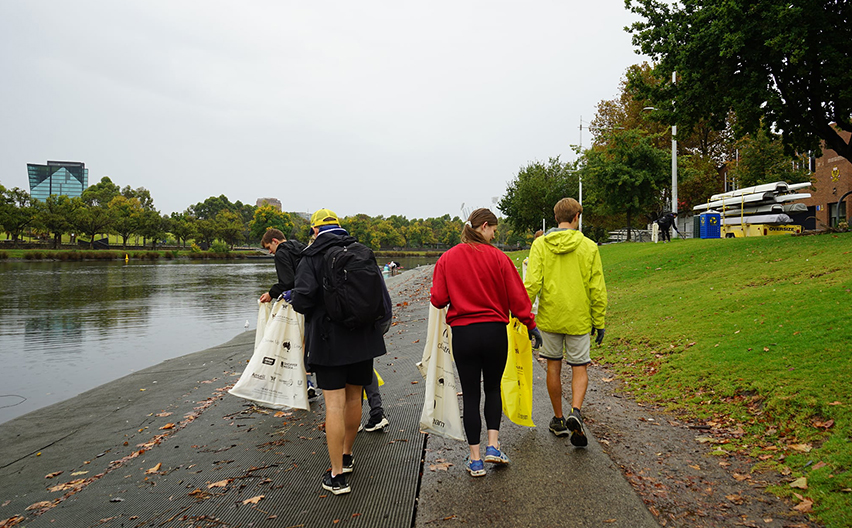
I am happy to say that Trinity is being proactive in this field by aiming to be carbon neutral by 2023. We are also organising initiatives to lessen our environmental footprint – one of our most recent being our wildly successful Clean Up Australia Day event, which saw 109 (one third!) of the current Trinity students give up their Sunday to collect rubbish from areas around Melbourne such as the Yarra, Royal Park and Yarra Bend Park.
Through our actions and many others, I am confident we can achieve the world that individuals such as the founder of Earth Day envisioned – one where humans and the environment exist harmoniously together.
By Lexie Sarstedt
Related News

50 years on: Trinity to host symposium examining Malcolm Fraser's legacy

Trinity College unveils significant addition to ER White Collection

Meet your TCAC student committee for 2026

Introducing the ninth Warden of Trinity College

Our Way: Celebrating Indigenous Art
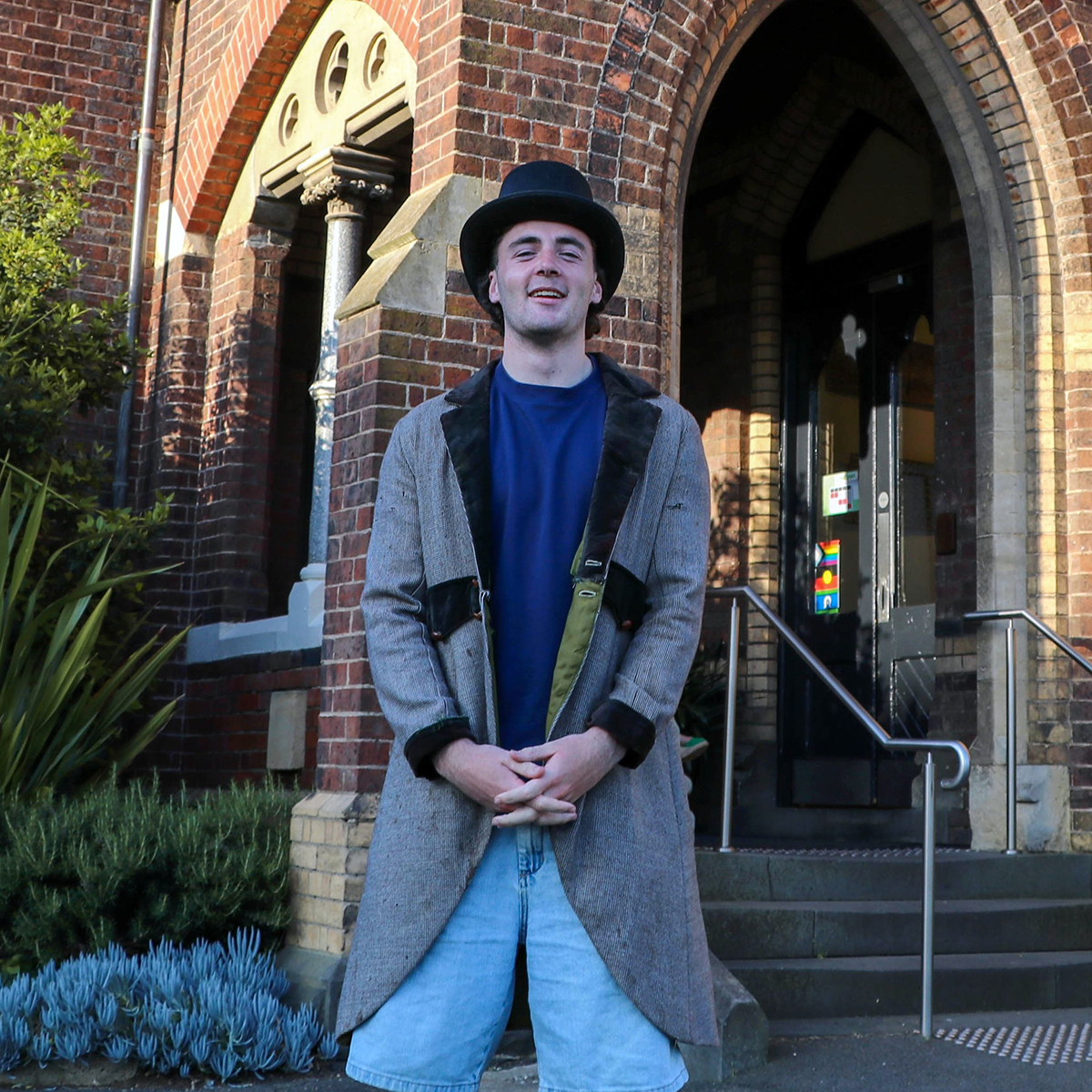
The Badimaya man from Ballarat on ‘unlocking students potential’ as Trinity Senior Student

A new world of wine

Jack reaps the rewards after taking a leap of faith on Trinity College

Marketing to the next generation: considerations in a rapidly changing world

First year resident Harvey says ‘there’s always someone to chat with’ at Trinity College

Making greener, ethical choices for better business

A message from Professor Ken Hinchcliff

Gyan Angon on his move to the big smoke

Eight ways to be a more sustainable Trinity student

Kicking for home: Trinity alum Vicky Tan on balancing research at Oxford with captaining its Aussie rules team

Jack's journey from Mareeba to Melbourne

We talk to the people behind Trinity's Grease the musical

Spontaneous friendships and helpful tutorials have ensured a memorable start to College life for Hugh

Kirsten Gray appointed Chair of the Trinity College Board

Bridging the gap: an equitable future for First Nations people

For Cheryl, heart to hearts and plenty of laughs are defining her Trinity experience

Visiting scholar Pietro Lorenzetti on Trinity hospitality and renewable engineering challenges

Meet the Trinity alum who's striving for an inclusive parliament

Freya Brolsma: a racing podcaster's journey from the Bulpadock to the F1 paddock

What is Lent?

Trinity breaks with tradition to announce joint Alumni of the Year

Meet our TCAC student committee for 2025

What is Trinity's Wine Cellar student committee?

What does our Outreach Committee do?

Residential College student Ravin Desai shares his passion for politics and journey at Trinity
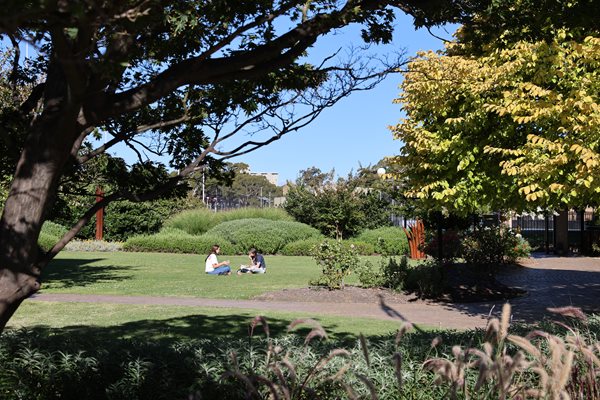
Learn about the Wellbeing and Inclusivity Committee at Trinity

Elias Jarvis and Anisha Damaso on the value of Kumergaii Yulendji at Trinity College

From Albury to Melbourne: Rosie Bradford's story

From Foundation Studies to the Residential College to Oxford: Xinran’s story

From the surf coast to Melbourne

1974 vs 2024 for a woman at Trinity: what’s changed and what’s stayed the same?
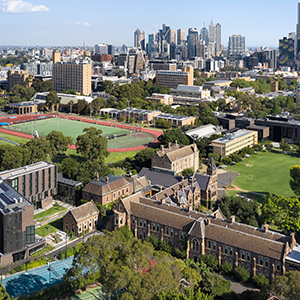
The best things to do in and around Parkville

Meet Trinity's aspiring art curator Seb Moore

Meet Nakata Brophy prize winner Jasmin McGaughey

Book now – Heathers: The Musical

A love story for Valentine’s Day: Matt Hargreaves and Kirsten Callander

Announcing our 2024 Alum of the Year

Trinity College Indigenous Summer Camp

7 tips to prepare for a residential college interview

Introducing our TCAC for 2024

Moving to Trinity from overseas: Katie's story

Moving from a regional area, stressing about your ATAR and worried you won’t know anyone? Read Hazel’s story.

From Larrakia to Wurundjeri country: How Anisha is inspiring other Indigenous students to dream big

Meet Admissions Coordinator Wendy Ngaturi

Hugo Jordan on why there's no 'best thing' about Trinity

Kate Beggs’s journey from the Great Ocean Road to the heart of Melbourne city

‘College is similar to boarding school, but with a fraction of the rules.’

Freya Giles shares her experience of choosing and living at Trinity

Former Perth student Tessa Moon shares her Melbourne college experience
.png?width=1200&height=1200&ext=.png)
Isaac Hucker, a proud Badimaya man, describes his journey towards choosing university and college life

Mikayla Hand’s journey from Indooroopilly State High to studying at Australia’s top university

From farm life to Trinity College: Q&A with Fergus Guest

From country to city life: Why college is the complete package for Rosie

Book now: The Addams Family musical

Peter Kalidonis on why making friends at uni is harder than you think
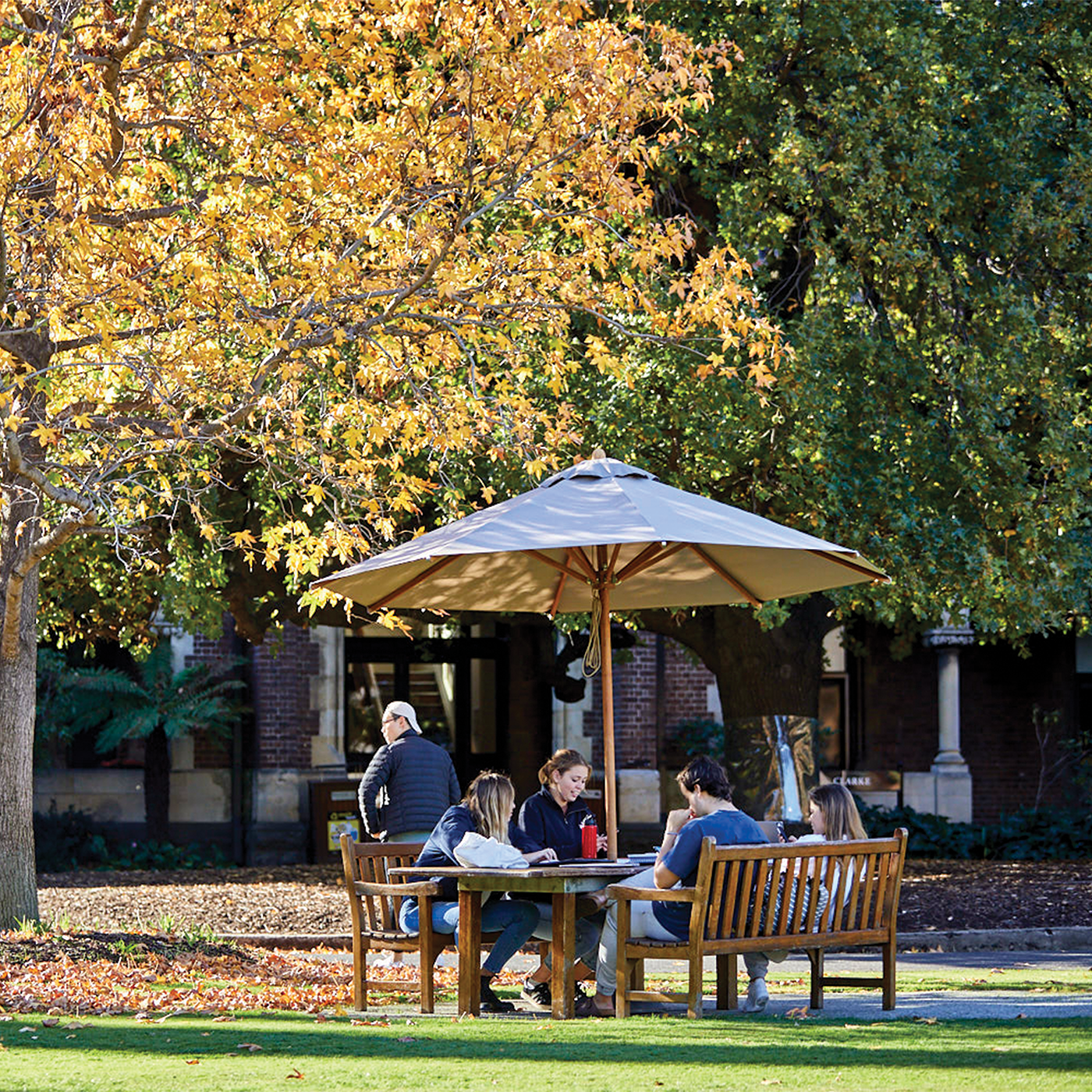
Residential college vs dorm in Australia: what's the difference?

